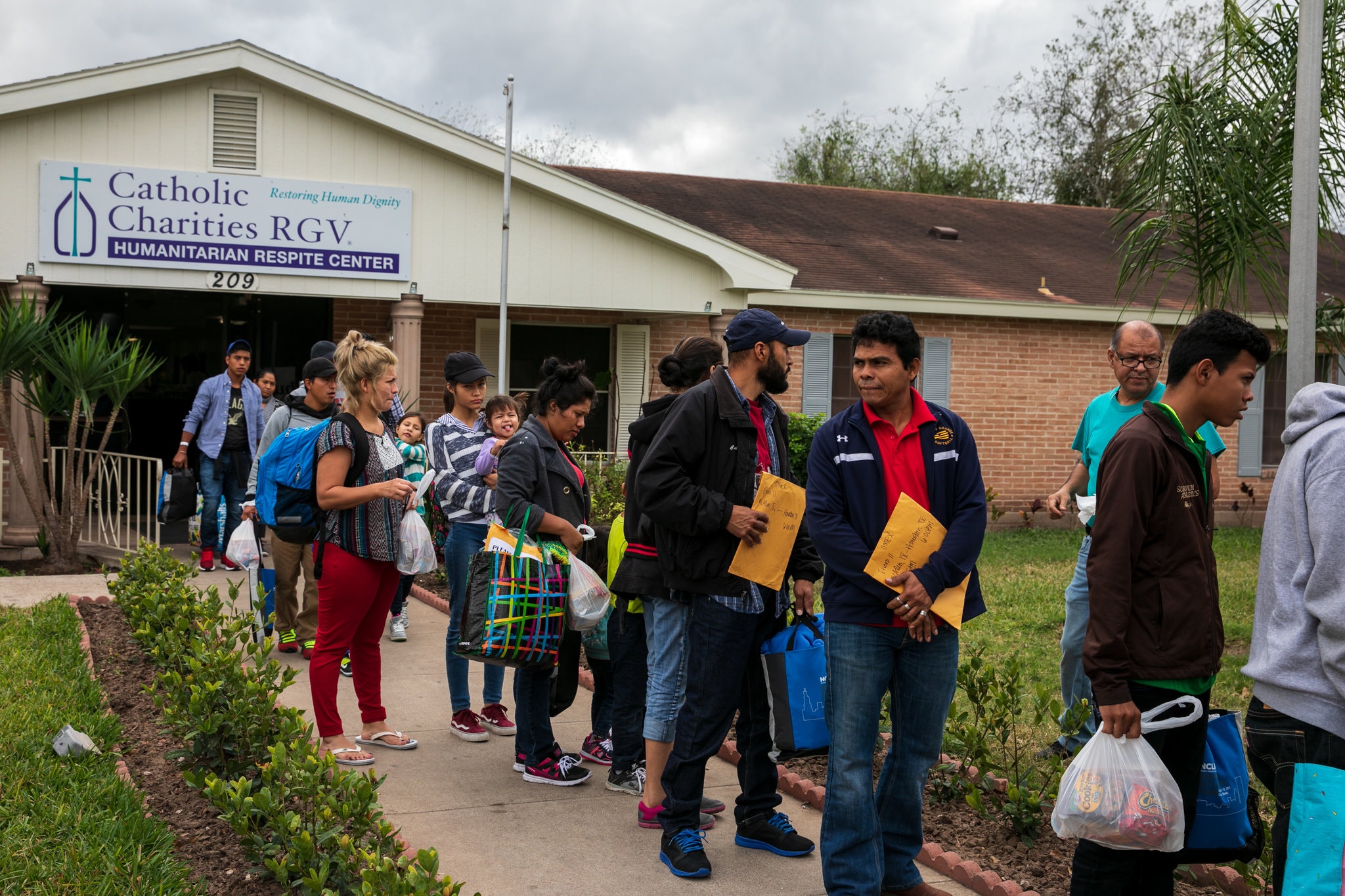In contemplating the dichotomy of love and hatred manifesting within the framework of religion, we venture into a realm often clouded by misperception. Religion, an intricate tapestry woven over millennia, has paradoxically served as both a beacon of hope and a catalyst for discord. As we navigate through the teachings of the Bahá’í Faith, we encounter profound insights that illuminate the celestial purpose of religion, which ought to transcend sectarian boundaries and unite humanity in its deepest essence.
The notion that religion breeds animosity is, in many ways, a misguided interpretation of its function. Rather, it is the human proclivity for divisiveness, coupled with the misapplication of religious tenets, that often leads to enmity. Religion, at its core, is designed to cultivate love, empathy, and mutual respect among individuals. When analyzed through this lens, one can perceive the religious narrative as an ecological sanctuary rather than a battleground.
Understanding the heart of Bahá’í teachings, we commence with the fundamental concept of the oneness of humanity. This doctrine posits that all humans are members of a single race, regardless of ethnicity, nationality, or creed. In a world increasingly fragmented by ideological schisms, the Bahá’í perspective serves as a liberating reminder of our shared existence. Much like a woven tapestry, the diversity of our experiences and beliefs contributes to a more vibrant and dynamic human story. How tragic it would be if a single thread were to fray, leading to the disintegration of the whole.
The Bahá’í teachings assert that true religion must be a source of harmony. This philosophy invites us to scrutinize the role of structures that have perpetuated division. For instance, consider the metaphor of a mighty river whose waters nourish the lands it traverses. Just as the river cannot choose who it hydrates, so too should religion be impartial in its benevolence. A religion that fosters hatred reflects not the divine intention but the misinterpretation of sacred texts by its adherents. The call for unity, therefore, becomes a clarion call that reverberates through the ages, urging believers to align their practices with the quintessential purpose of religion: to establish peace and love.
Moreover, the Bahá’í Faith elucidates the imperative of realizing that all religions have a common origin. The founders of the world’s major faith traditions taught profound moral principles, even if the interpretations diverged over time. This shared lineage provides fertile ground for dialogue and collaboration. The metaphor of the sun perfectly encapsulates this idea—a single luminary in the sky casting light upon various landscapes. Just as the sun’s radiance is interpreted differently by the observer, so too are divine revelations perceived through varied cultural lenses. Recognizing this kinship among religions can serve as an antidote to animosity and an impetus for collective action.
The power of religion also lies in its ability to inspire ethical conduct and social justice. Bahá’í teachings elevate the pursuit of justice as a sacred duty, emphasizing that a community grounded in equity can utterly transform society. The moral fabric woven through religious adherence necessitates not only individual piety but also collective responsibility. An illustration of this is found in the narrative of the Good Samaritan—a poignant reminder that one’s neighbor transcends religious or ethnic boundaries. To embrace such tales is to breathe life into a vibrant ethos of compassion and understanding.
Furthermore, the Bahá’í principle of consultation stands out as a unique form of dialogue that fortifies unity within diversity. In the act of consultation, individuals engage in sincere discourse, prioritizing the collective good over personal agendas. This process mimics the harmonious symphony of an orchestra, where myriad instruments contribute to a singular, beautiful melody. The lessons of this methodology reveal that, rather than fostering discord, religion can be an arena for the cultivation of respect and cooperation, transforming disagreement into a harmonious pursuit of truth.
The question remains: why do we still need religion if, throughout history, it has at times seemed to sow seeds of division? The answer lies in the relentless human quest for meaning and transcendence. Religion embodies narratives that guide us through life’s vicissitudes, offering solace and a profound connection to something greater than ourselves. It enfolds ancient wisdom, instilling purpose and a moral compass in the face of adversity. Intrinsically, it serves as the bedrock of human aspiration, an eternal quest for understanding amidst life’s uncertainties.
In conclusion, while the facade of religion may be marred by instances of hatred and discord, the intrinsic essence of religious teachings, particularly within the Bahá’í context, champions a vision of unity and love. The imperative to eschew prejudice and cultivate an inclusive society resonates with the collective yearning for peace. The teachings cater to the innate human spirit, compelling us to rise above self-imposed barriers and embrace a shared destiny. Engaging with religion, therefore, is not a choice to be made lightly but a profound commitment to nurturing harmony and an enduring legacy of love, inextricably linking us to our shared humanity.
